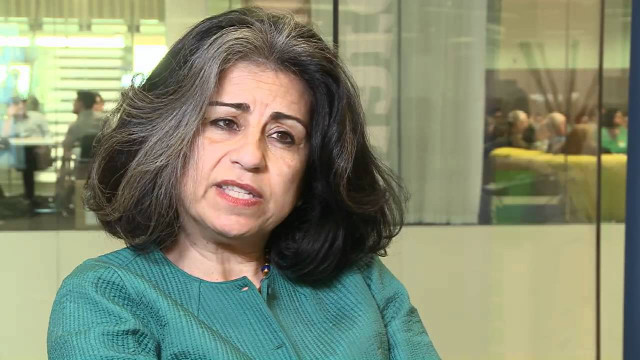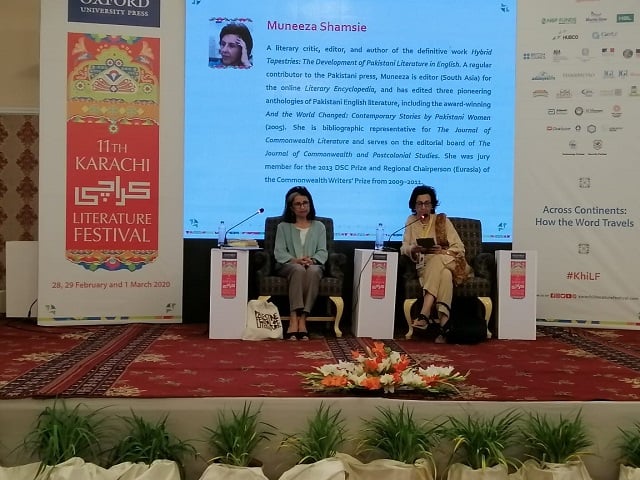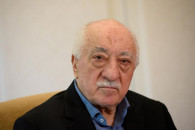Ahdaf Soueif shines a spotlight on her literary journey
Egyptian writer discusses struggle of portraying East and West, the gratification of writing for a cause

Ahdaf Soueif . SCREENGRAB
The Egyptian Revolution, the Palestinian cause and the representation of the Arab world in the West are all themes that appear often in her work over a long and distinguished career - one that has earned her a Booker Prize nomination.
During a conversation, titled 'Maps of Belonging,' with Muneeza Shamsie - herself a literary critic, editor and author - at the 11th Karachi Literature Festival on Sunday, Soueif told the audience that she did not consciously step into the world of fiction.
"While growing up, I was surrounded by my mother's library in the 60s. My mother taught literature and I read her library," she smiled. "We were lucky that there weren't as many distractions at that time as there are for the younger generation today, so reading was what I did and reading was what opened up the world to me."
Soueif was so deeply into literature, the best thing she could do, she believed, was to produce more literature of her own. There was nothing else she could have done.
Writing fiction was Soueif's first love. But the first recipient of the Mahmoud Darwish Award later turned to the world of non-fiction.

Telling the audience what motivated this switch, she said that back in 2000, when the Second Intifada broke out in Palestine, The Guardian approached her, asking her to work as a correspondent in the occupied territory. She agreed, intending to explore the opportunity.
"When I was sitting in my hotel in Jerusalem, writing about Palestine, I felt that I had found the reason for my writing. I was putting what I would do at the service of something other than just the writing of it, something that was happening in the world," she explained. "That was a big feeling."
The East and the West
When Shamsie brought up her literary style, and especially the way she portrays the East and the West and how the two perceive each other, Soueif said achieving a certain writing style was a struggle in itself.
"Apart from a few notable exceptions, it was impossible to fight for coherent interpretations of the East in the Western media, to do justice to the people of the region and their history," she maintained, pointing out that the West appeared to think there was a mechanism to control the Arab and Muslim worlds.
"In the media of the West, I felt as a convict, for they always represented the Eastern world in terms that invited the imposition of control."
With the advent of the Egyptian Revolution, the political and cultural commentator began to feel the need to write in Arabic. It was difficult for her, though, and it was only with the pressure of the revolution that she wrote in this language.
"I wrote in Arabic because I needed to make it very clear that what I was saying in English was the same as what I was saying in Arabic. There's always this kind of distrust when writing in different tongues."
Soueif can speak Arabic. She can live like an Arab. But when it comes to writing, she is aware of her limitations.
Comparing writing to playing a piano, the author said, "In English, I can play the whole piano. But in Arabic, I will be playing only the central octaves."
And it is this that stops her from writing fiction in Arabic. "People tell me what an interesting style I have, but that is not a style - it's the only thing I can do."
Published in The Express Tribune, March 2nd, 2020.



















COMMENTS
Comments are moderated and generally will be posted if they are on-topic and not abusive.
For more information, please see our Comments FAQ